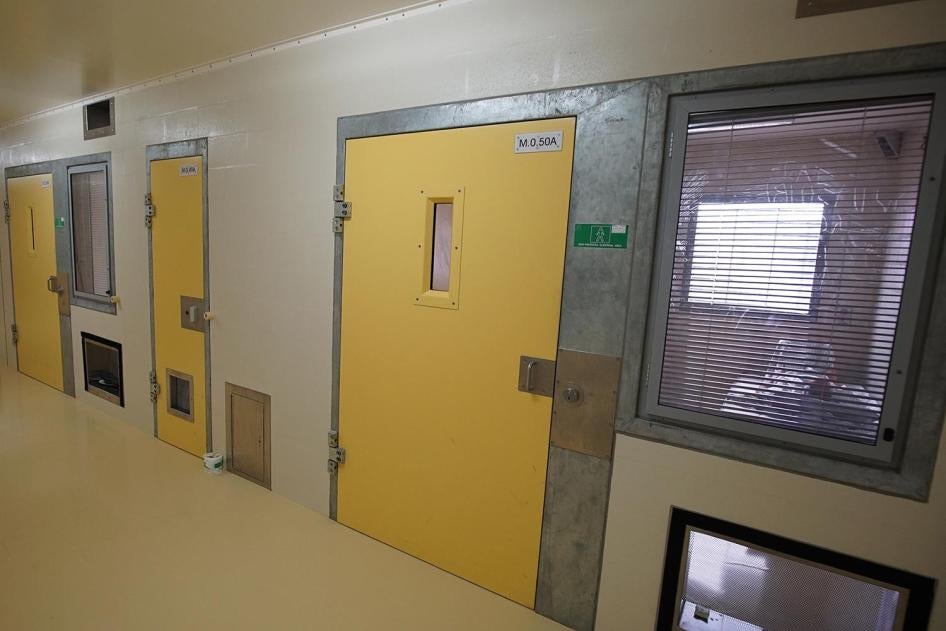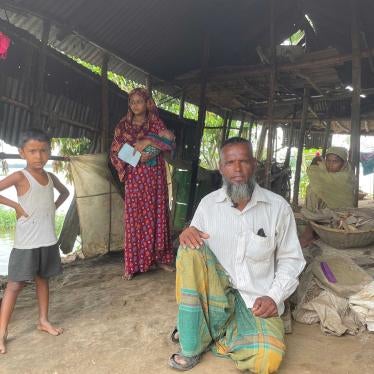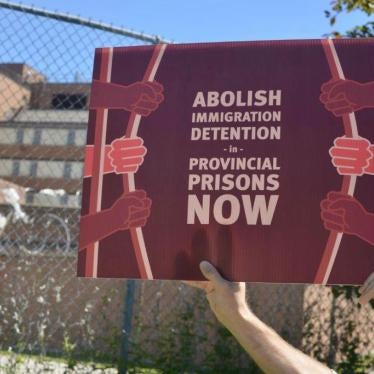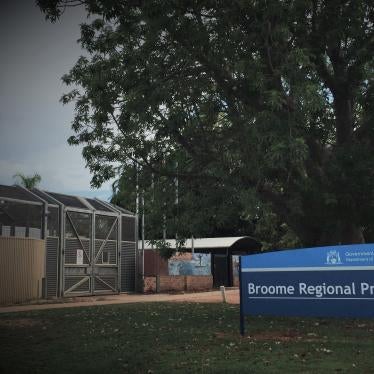Imagine being locked alone in a tiny cell for over 20 hours a day and for more than 500 days over a 744-day period. That is how Michael (not his real name), an Aboriginal teenager with an intellectual disability, spent most of his time in pretrial detention in the Townsville youth prison in Queensland, Australia.
Michael grew up in an unstable family environment where he faced neglect and domestic violence, leaving him severely traumatized. But despite being referred to adolescent mental health services in prison, Michael didn’t receive any support. The service was not equipped to deal with such trauma.
According to prison authorities, Michael was subjected to a “fairly routine” regime of solitary confinement largely because of staff shortages, not his behavior. A recent Guardian investigation into the same prison found cell-block lockdowns so widespread that children as young as 13 were locked in solitary confinement in some cases for up to 45 days at a time.
Isolation can be psychologically damaging to any prisoner, but it’s devastating for children and people with psychosocial (mental health) or intellectual disabilities. The stress of a closed and heavily monitored environment, absence of meaningful social contact, and lack of activity can exacerbate trauma and cause long-term, serious, and irreparable harm to people with disabilities. According to the United Nations expert on torture, the use of solitary confinement for any duration on children and people with mental disabilities “constitutes cruel, inhuman or degrading treatment.”
Yet this brutal practice is common in Australia’s prisons. A Human Rights Watch investigation into 14 adult prisons across Queensland and Western Australia found that people with disabilities were dramatically overrepresented in solitary confinement units often due to a lack of staff training and failure to understand behavior resulting from a disability. The warehousing of prisoners with disabilities in solitary confinement causes severe psychological distress that can push many over the edge, leading to self-harm or even suicide.
The Guardian and Youth Detention Inspector reported that the situation is so dire in South Australia’s youth detention centers that children who are locked up for over 23 consecutive hours a day due to staff shortages have resorted to self-harming “so they can have a break [from their cells] and go to hospital.”
On Friday, Australia’s National Children’s Commissioner called on “all Australian states and territories to ban solitary confinement as a means of discipline or control for children in detention,” stating that “it is never acceptable, for any length of time.”
This dehumanizing practice has no place in Australian society. The government should ban solitary confinement for children and people with disabilities and ensure adequate access to quality mental health services.










